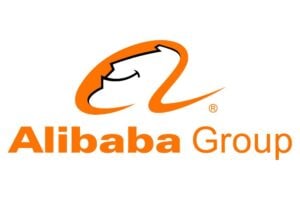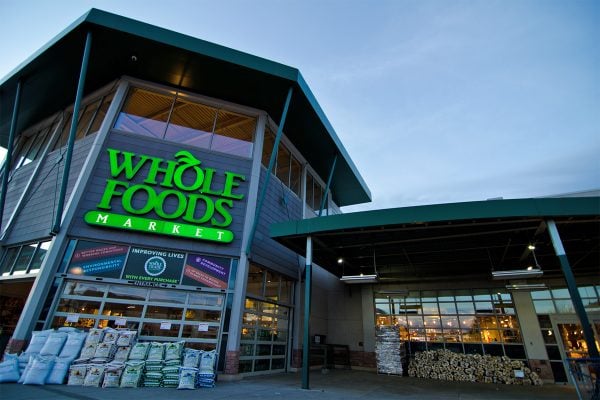Jijay Shen, General Manager Europe at Alibaba.com, shares insights into how B2B sourcing can be a catalyst for SME growth:
The business sector is grappling with a multitude of challenges at present. Aside from macroeconomic problems driven largely by high inflation, there are real worries over global supply chains and rising freight costs.
These trends and sentiments chime with a recent survey conducted by Alibaba.com, in which, out of 500 UK SME decision maker respondents, 47% felt that inflationary pressures posed the biggest challenge to their business, and 35% sourcing challenges or stock availability. In addition, it found that building relationships with new suppliers posed a significant challenge for businesses, with almost two-thirds (64%) of respondents attesting this to be the case.
With SMEs forming the backbone of the UK economy, it’s crucial that they are able to overcome such challenges. Whilst these may look insurmountable, SME optimism remains high. According to Alibaba.com’s survey, 68% of SME decision-makers said they felt more positive when comparing business growth opportunities to last year.
However, whilst reassuring, concerns over SMEs’ business growth prospects persist. This is partly due to the continued use of legacy sourcing methods. According to Alibaba.com, 30% of SMEs source new products from in-person trade shows and just over a third (35%) from physical catalogues or directories. Limited budgets, a lack of awareness of better processes, and/or a general aversion to risk are all likely reasons behind this. Regardless, these outdated sourcing methods are holding SMEs back.
In this vein, SMEs must embrace digitalisation to grow – and one of the easiest ways of doing this is by using online B2B marketplaces.
B2B marketplaces virtually connect business buyers and suppliers across the world. They allow buyers to establish relationships with suppliers from the comfort of their own homes, cutting out the need for travel. Such marketplaces prove helpful in the event of a supply chain crisis: their very nature means buyers are more immune to any disruptions or rises in in the cost of goods.
What’s more, much like their B2C counterparts, online B2B marketplaces offer business buyers a virtually limitless catalogue of products from suppliers all around the world. This allows SMEs to shop around and get the best deals, overcoming inflationary pressures and driving margin growth.
In addition, these platforms are user-friendly and leverage innovative technologies to enable B2B buyers to make sourcing decisions at the click of a button. This saves SMEs time, allowing them to focus on what’s most important: growing their business.
On Alibaba.com, technologies such as livestreams and VR – in the form of VR factory showrooms – have been deployed to enable buyers to get to know their potential supplier, including how they operate and their products. Therefore, buyers, who else would be in the dark, are filled with trust and re-assurance.
To highlight the unique opportunities that digital B2B sourcing offers, Alibaba.com is hosted March Expo – its flagship online trade show which aims to connect buyers and sellers from around the world. More than one million new products will be available, as well as two million best-selling products, enabling UK SMEs to bolster their catalogue of products at the click of a button.
Participating in trading shows such as these and becoming digital-first more broadly, is imperative if SMEs are to catapult themselves into growth.










